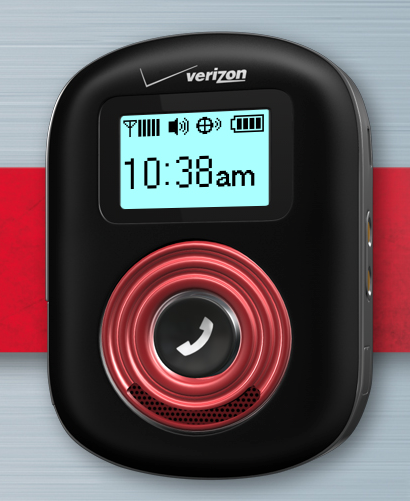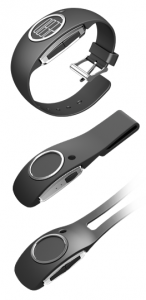
Verizon SureResponse mPERS
That has to be a question on the minds of Verizon healthcare executives this week.
Verizon just announced plans for a whopping $621 million acquisition of leading machine-to-machine company, Hughes Telematics. The Hughes acquisition is without a doubt focused on adding more cellular-enabled services to cars, which is Hughes core competency. Connected cars are beginning to offer some health-related services, but these are still early days on that front.
Separate from its automobile focus, Hughes also just happens to have a high-profile mobile health subsidiary, Lifecomm. Lifecomm has been developing a cellular-enabled mobile personal emergency response system (mPERS) offering. At this year's CES event in Las Vegas this past January, Verizon unveiled plans to commercially launch a similar device and service called SureResponse, which is also a cellular-enabled mPERS device and service.
Does Verizon really need two mPERS devices and services? Neither service has launched so the company has a number of options -- keep both, scrap one or the other, or find a way to combine them.

Lifecomm mPERS devices
Here's how Hughes described Lifecomm in its most recent SEC filing: "Lifecomm intends to design, develop, finance and operate a mobile personal emergency response service which will permit subscribers to initiate requests for emergency assistance services through a wearable device that is able to communicate data information and support voice interactions between the subscriber and an emergency assistance call center for purposes of dispatching first responders to the subscriber's location. Lifecomm expects to launch its service offerings in the third quarter of 2012."
The company also recently noted that Lifecomm had about $900,000 in cash-on-hand from Hughes.
As technology publication The Verge report from CES earlier this year, Verizon's SureResponse mPERS device -- like Lifecomm -- will be wearable as a pendant around the neck, as a belt clip, or around the wrist. The SureResponse online portal also enables users and their caregivers to store medical information, caregiver contacts, and physician information. The service also enables Verizon's response team to track the device using GPS and subsequently dispatch medical personnel or connect users through to loved ones when needed or appropriate, The Verge reported.
While the devices may sport nuanced design differences and service offerings, they are each targeting the same potential user groups. Verizon will have to make a move to combine the two devices or eliminate the weaker one. Considering Lifecomm has been publicly in the works for years -- and previously a brand that Qualcomm used for many of its wireless health plans -- the choice seems obvious.














